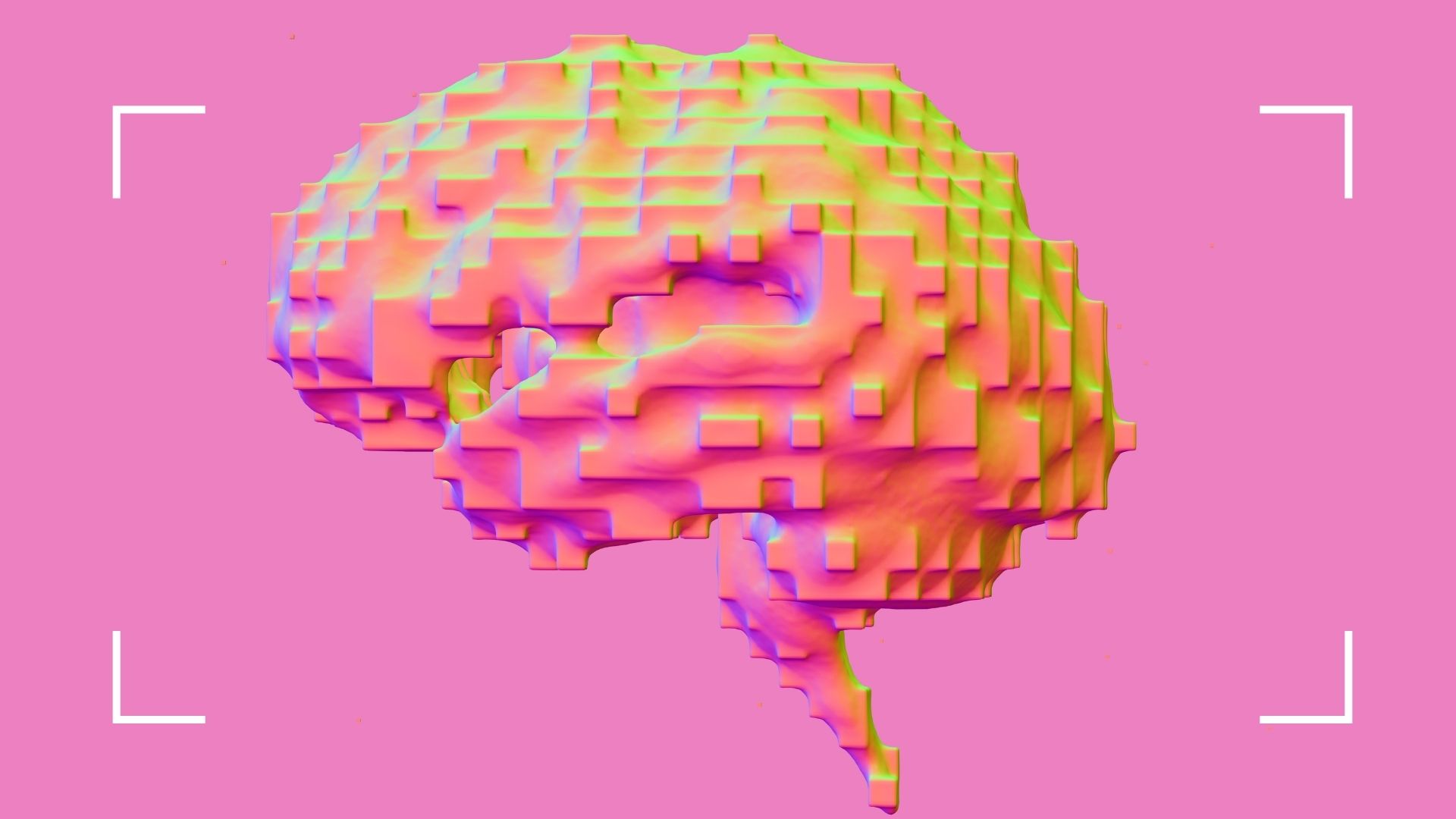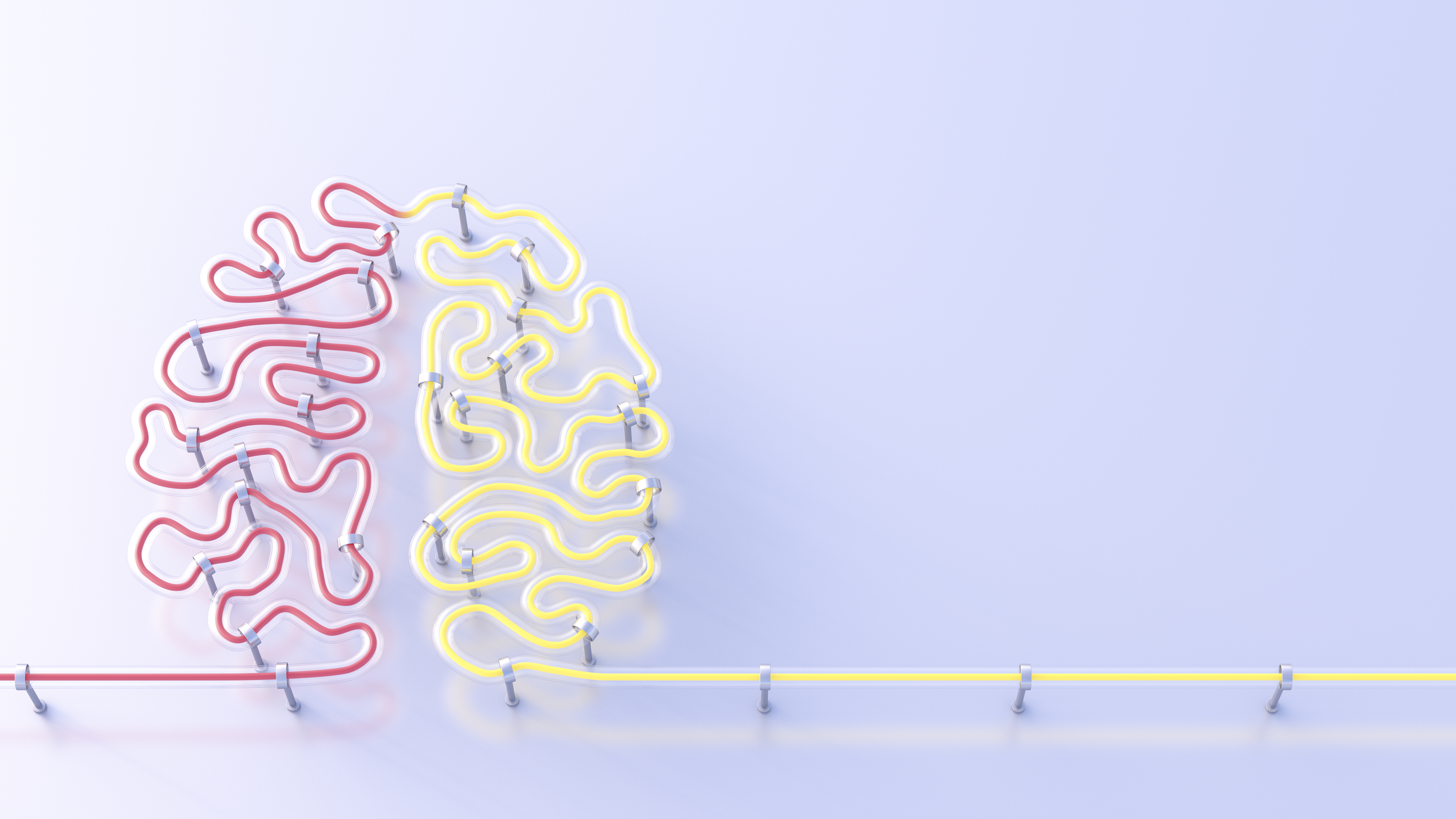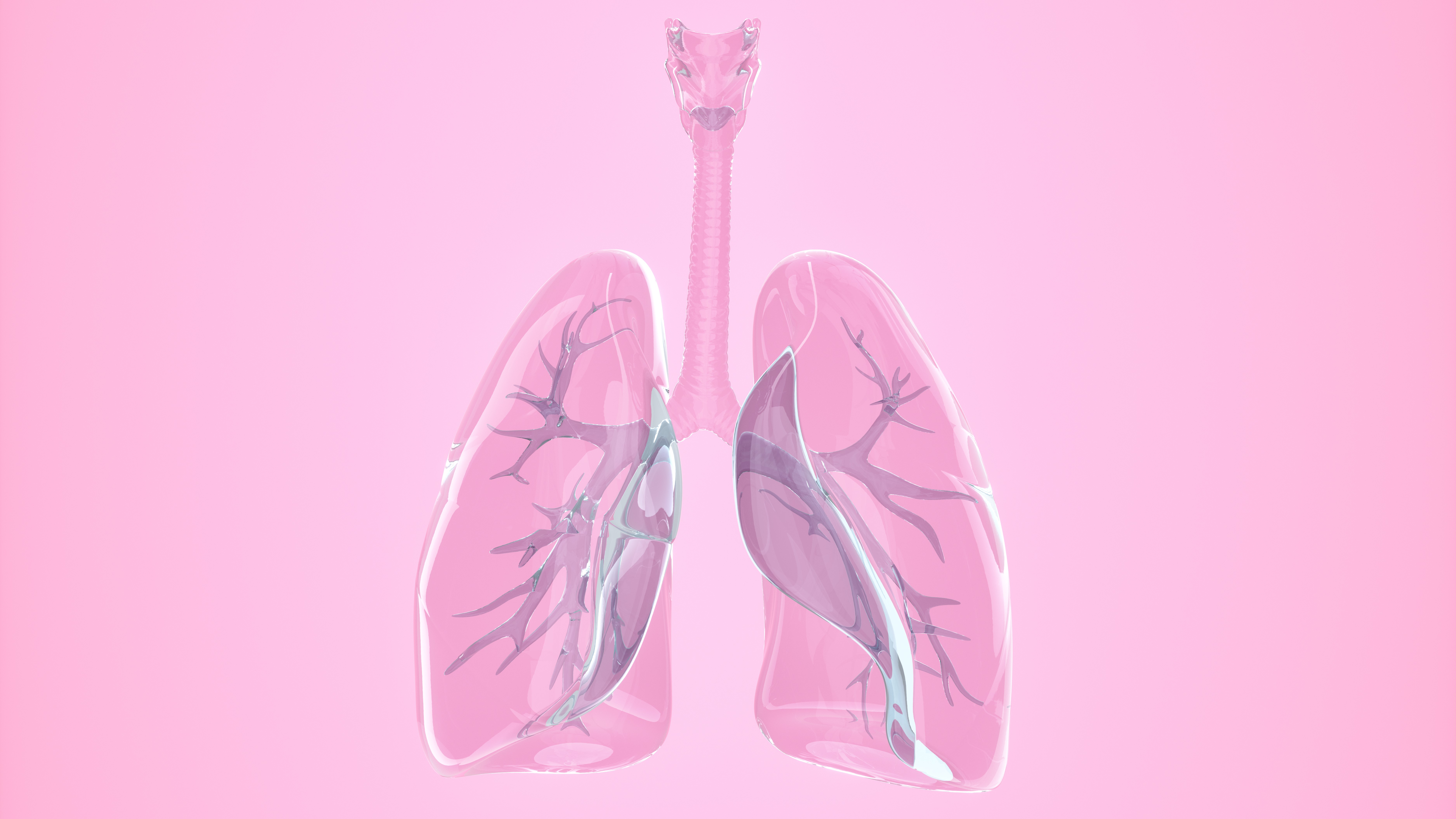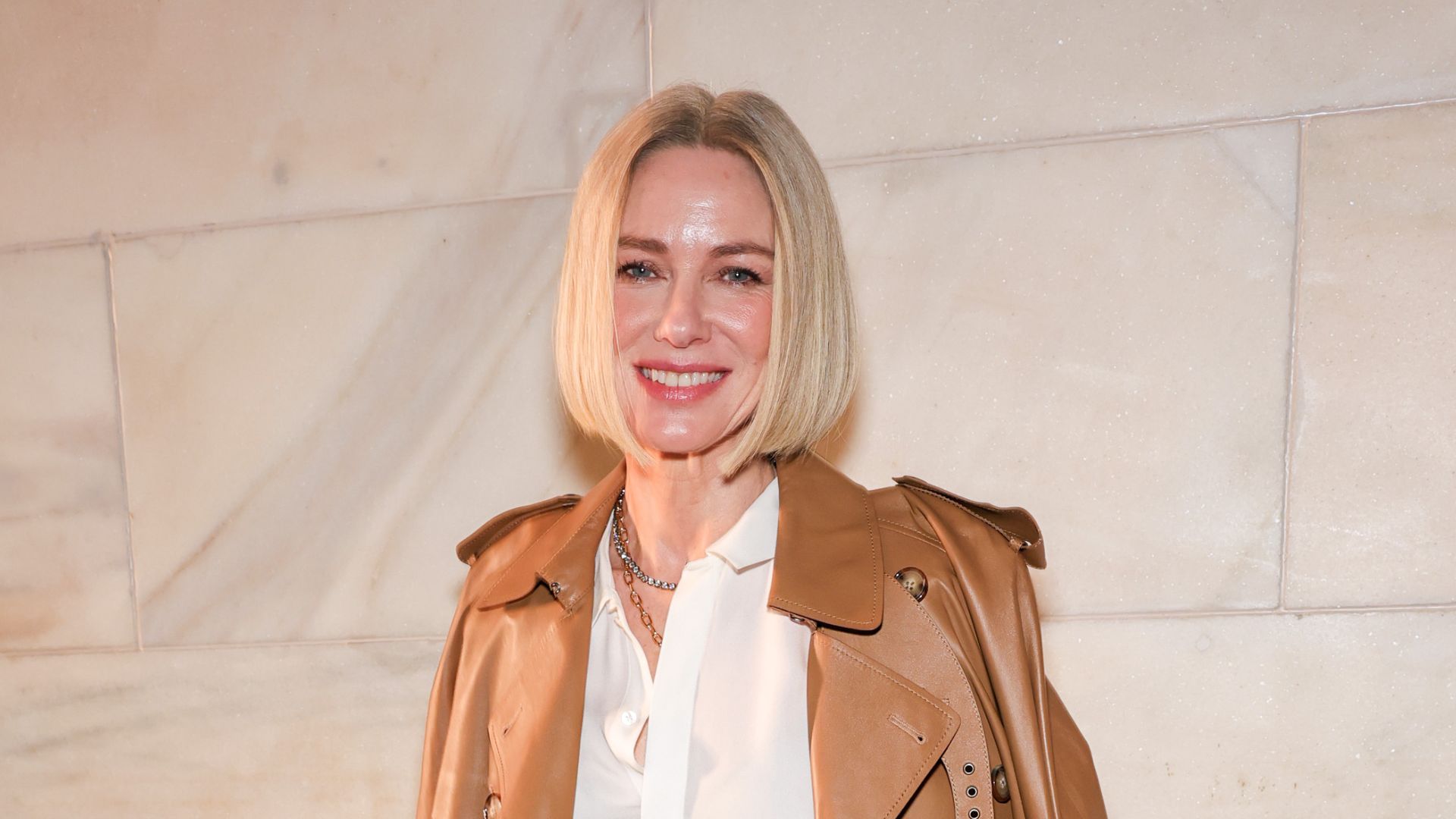How artificial intelligence in healthcare will change the way you're treated forever
Here's why using artificial intelligence in healthcare is something to be celebrated, not feared

While artificial intelligence in healthcare may seem a new, and perhaps a slightly alien concept, it is revolutionizing diagnoses and treatments in hospitals around the country.
Artificial intelligence (AI) isn't actually that new either. From unlocking your phone with facial recognition to asking Alexa to add sourdough to your shopping list, it's something we've been using for a while. In fact, it's difficult to imagine how we managed before AI invaded every corner of our daily lives.
The UK is now the third biggest spender on AI in the world and a leader in medical and health technology. So much so, the NHS AI Lab is investing £140 million in projects to improve early detection, diagnosis, and treatment of conditions, such as lung cancer and breast cancer (while you're here, see our run-down of the most common early signs of breast cancer to look out for, plus how to check for breast cancer and why home health checks are so important).
Will artificial intelligence replace doctors?
Would you put your health into the hands of an algorithm? Don't worry robots aren't going to be running hospitals just yet! "Often when people think of AI in healthcare, there's a vast misconception that clinicians will be replaced by robots, [but] that's simply not the case," says Professor Peter Bannister from The Institution of Engineering and Technology.
"AI is being increasingly used to assist—not replace—doctors, meaning they can help more people," says Professor Bannister. "We'll eventually see widespread use of AI, helping people lead healthier and longer lives, regardless of their socio-economic status or background."
How does artificial intelligence work in health care?
AI is already being used in hospitals to save lives and reduce the stress on the health system. There are simple laboratory robots that perform repetitive tasks, as well as highly complex surgical robots that can aid a human surgeon or execute operations by themselves.
AI is also being used in healthcare to analyse data, automate processes, improve clinical workflow and even pinpoint a patient's risk of hospital infections. So how else could a robot save your life?
Sign up for the woman&home newsletter
Sign up to our free daily email for the latest royal and entertainment news, interesting opinion, expert advice on styling and beauty trends, and no-nonsense guides to the health and wellness questions you want answered.
1. Diagnose dementia "in a day"

Ground-breaking software could see people with dementia being diagnosed from a single scan before symptoms develop. This could allow for treatment to delay the onset of Alzheimer's stages or prevent symptoms altogether.
Researchers at The Alan Turing Institute and Addenbrooke's Hospital in Cambridge have built an algorithm that can compare one brain scan to a huge database of scans and clinical information. This means it can identify tell-tale patterns of dementia that even the most expert neurologists cannot see.
More efficient and accurate diagnosis, coupled with a traffic-light scoring system of how the disease is likely to progress "could transform how and when we treat the disease," according to Dr Laura Phipps from Alzheimer's Research UK.
"Today, the diseases that cause dementia are diagnosed when symptoms appear, but these diseases actually begin damaging the brain up to two decades before this point," says Dr Phipps. "Early diagnosis allows people to be given current treatments when they're likely to make the biggest difference."
Delaying the onset of Alzheimer's disease by five years would result in 36% fewer people with dementia by 2050, saving the UK economy over £21 billion, according to Alzheimer's Research UK.
2. Detect breast cancer early
AI in healthcare is aiming to tackle cancer, too. Trailblazing project Mia by Kheiron Medical aims to replace the need for two radiologists to manually inspect breast cancer scans. Instead, one radiologist will work with unique image analysis software. The result? A speedier, more accurate diagnosis, which could add years to a patient's life, while greatly reducing the clinical resources needed to process two million mammograms in the UK each year.
"For a long time, the health sector has struggled with a shortage of radiographers and radiologists—essential in diagnosing and treating cancer patients," says Professor Bannister. "It's estimated that there are 50,000 missed diagnoses of cancer and 30,000 treatments delayed. AI is being targeted at increasing early detection of cancer, as well as compensating for staff shortages." Early detection is also key to treatment and a better prognosis.
3. Fast-track lung cancer patients

AI is being used in a war against Britain's biggest cancer killer. The aim of the red dot algorithm from behold.ai is to fast-track lung cancer patients, who have received an irregular chest X-ray, for a CT scan. This can reduce the approximate wait time from 24 days to as little as one hour and 40 minutes.
The platform is capable of sorting images into normal and abnormal categories in less than 30 seconds, which enables radiologists to assess them more quickly, accurately, and safely than ever before.
Meanwhile, the Lung Health Check at St Joseph's Hospital in Newport has done away with the need for needles and biopsies. AI instead examines a CT scan for nodules, damage and scarring, to detect lung cancer at its earliest stage. "It's a real privilege to be part of these initiatives to bring the benefits of AI to patients," says Dr Jonathan Rodrigues, consultant cardiothoracic radiologist at St Joseph's Hospital.
4. Predict a heart attack
It may sound like something out of a sci-fi movie, but the CaRi-Heart Cardiac Health Check can spot a heart attack years before it happens.
"It looks at a standard CT scan for signs of inflammation around the blood vessels that are invisible to the human eye," says Dr Rodrigues. "These can lead to blockages of the coronary arteries—one of the biggest killers globally."
This is combined with other clinical information to give a patient their own individual risk of dying from a fatal heart attack in the next eight years. "It allows doctors to plan treatments, to either cure the condition or prevent complications. It represents truly personalized, precision medicine," explains Dr Rodrigues.
5. Provide mental health support

Over a million people are referred to UK mental health services each year, but many have to wait 12 weeks or more to receive treatment or support. Wysa, the mental health app, is to be prescribed in a bid to ease the symptoms of anxiety and depression while awaiting assessment and treatment.
It blends AI-guided listening with professional human support to ensure users are heard 24/7. "Wysa is an emotionally intelligent chatbot, which is empathetic and non-judgmental," says Emma Shelby, UK clinical lead at Wysa. "It focuses on the "missing middle" of mental health—that space where mindfulness apps are not enough, but our negative spirals are not yet in need of psychiatric or medical intervention."
w&h thanks Professor Peter Bannister from The Institution of Engineering and Technology; Dr Laura Phipps from Alzheimer's Research UK; Dr Jonathan Rodrigues, consultant cardiothoracic radiologist at St Joseph's Hospital in Newport; and Emma Shelby, UK clinical lead at Wysa for their time and expertise.

A writer and journalist for almost two decades, Su has shared hundreds of people’s extraordinary stories in the national press and campaigned on wide-ranging topics from the rights of rape victims to support for young carers. She enjoys writing about all areas of human interest, with a focus on women’s issues, health, nutrition and parenting.
-
 Everyone in New York is wearing a trending colourway that will elevate your everyday wardrobe, including Naomi Watts
Everyone in New York is wearing a trending colourway that will elevate your everyday wardrobe, including Naomi WattsSpotted head to toe in a rich, warm tan at the Ralph Lauren show, Watts shows us exactly why we should be investing in these classic hues
By Molly Smith
-
 How to watch Race Across the World from anywhere - stream the BBC reality series online
How to watch Race Across the World from anywhere - stream the BBC reality series onlineThe acclaimed reality series is back for a highly anticipated fifth outing, and there's no need to miss out on any of the action
By Lucy Wigley